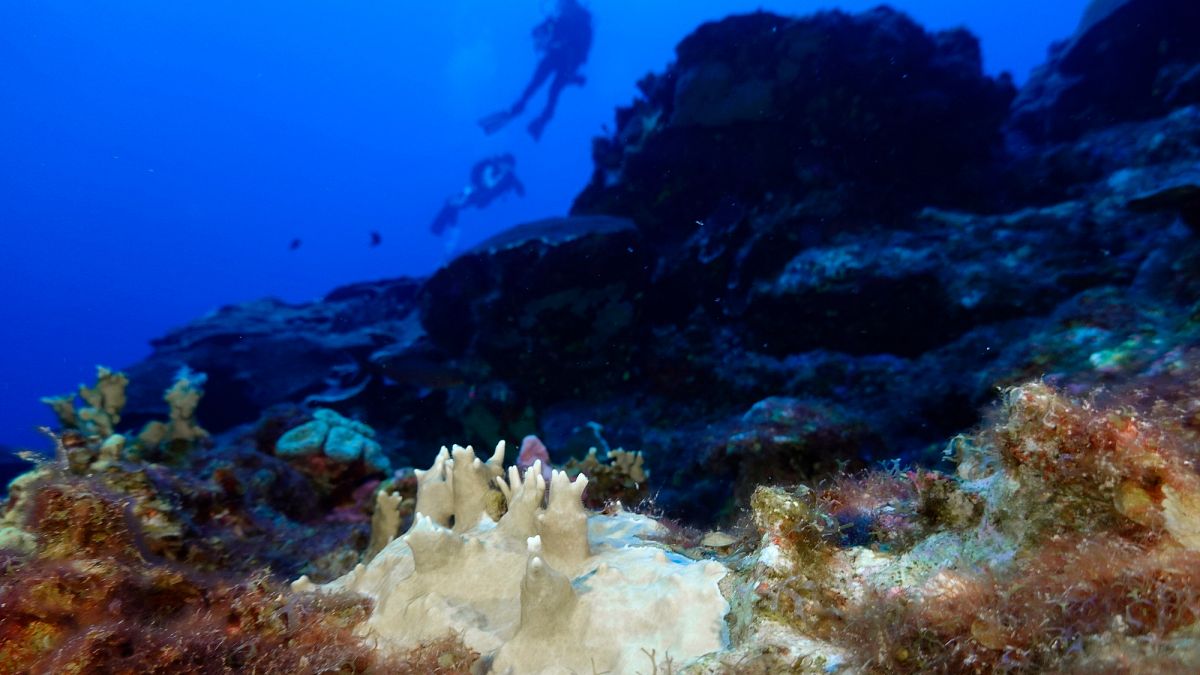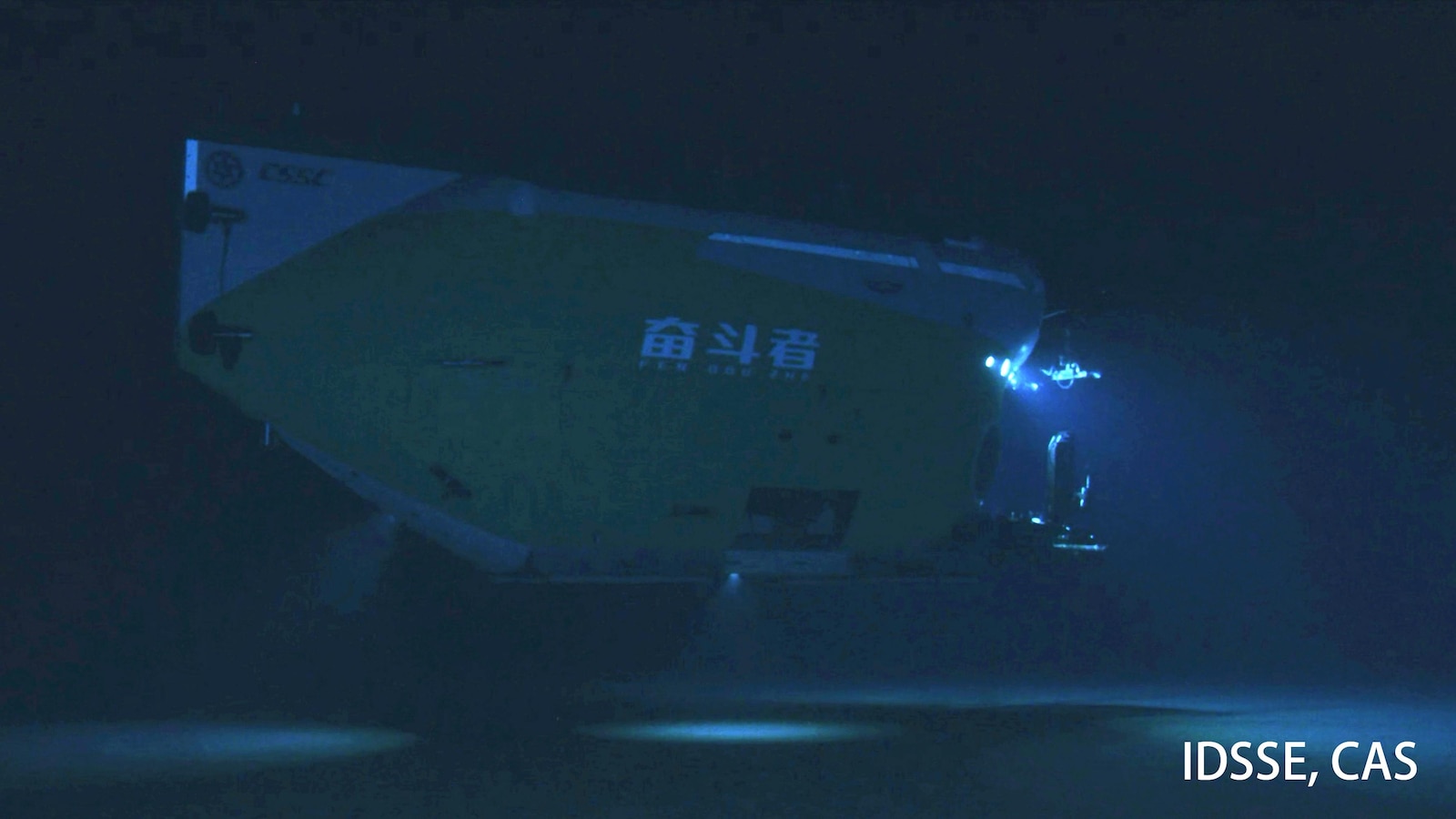T4K3.news
Study reveals oceans are losing light, risking ecosystems
Researchers find that the photic zone is darkening, affecting marine life globally.

Changes in ocean light levels threaten marine ecosystems worldwide.
Oceans Losing Light Could Have Major Environmental Impact
A recent study shows that the ocean's photic zone, where sunlight supports marine life, is becoming darker. Researchers from the University of Plymouth found that between 2003 and 2022, around 21 percent of the global sea surface has lost brightness. Coastal areas are affected by agricultural runoff and heavy rains, while in the open ocean, algal bloom patterns and rising temperatures contribute to the issue. This reduction in light endangers the health of marine ecosystems, which rely on this sunlight for photosynthesis, raising significant concerns for marine biodiversity and food chains.
Key Takeaways
"Our findings represent genuine cause for concern."
Dr. Thomas Davies highlights the seriousness of the ocean's darkening.
"The health of our oceans directly impacts air quality and food supply."
Dr. Davies underlines interconnectedness between ocean health and human well-being.
The darkening of the ocean indicates a shift in environmental conditions that could disrupt marine life. It reflects broader climate changes and highlights how human activity, such as agricultural runoff, has repercussions that reach even the deepest parts of the ocean. The implications could be severe, not just for fish populations but for ecosystems that depend on constant nutrient supply from the photic zone. As Dr. Thomas Davies pointed out, the health of our oceans directly impacts air quality and food supply, making this an urgent issue for public awareness and policy action.
Highlights
- Our oceans are losing light, posing risks to marine ecosystems.
- The darkening sea represents a genuine cause for concern.
- Marine life depends on sunlight; darkening oceans threaten this balance.
- Changes in ocean light can impact food security and biodiversity.
Potential Environmental Crisis Due to Ocean Darkening
The significant loss of light in the oceans could threaten marine biodiversity and disrupt food chains, which has broad implications for ecological balance and human reliance on ocean resources.
A deeper understanding of this phenomenon is crucial for future conservation efforts.
Enjoyed this? Let your friends know!
Related News

Marine heatwaves indicate critical ocean changes

Revealing unethical medical experiments

27 million tons of nanoplastics found in North Atlantic

Southern Ocean's circulation shows unexpected reversal

Significant marine life discovered at extreme ocean depths

Critics challenge B.C. ocean noise reduction plan

Exploring GLP-1 medications and their implications

New research shows Uranus is leaking more heat
